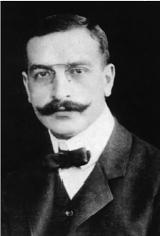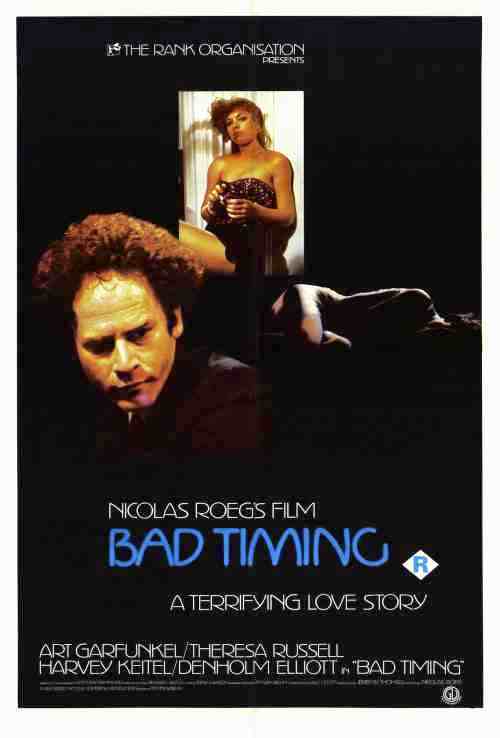Shortly after nine in the morning of April 25 1816, the poet George Gordon Lord Byron left England for the continent. On board the Dover packet, he watched the white cliffs receding, knowing in his heart he would not be returning. He departed in a stormy atmosphere of scandal, separated from his wife after just a year of marriage. Did he leave of his own free will or was he forced?
Byron’s loyal friends insisted he left England voluntarily: “There was not the slightest necessity even in appearance for his going abroad,” wrote the stalwart John Cam Hobhouse. The facts of Byron’s exile have been glossed over by most of his biographers. Proliferating accusations of cruelty, adultery and Byron’s incest with his half-sister Augusta have been taken as explanation enough – although incest was punishable by the ecclesiastical courts but not a criminal offence. It was the much more serious allegation of sodomy, a crime bearing the death sentence in homophobic early 19th-century England, that led to Byron being virtually driven out.











Recent Comments